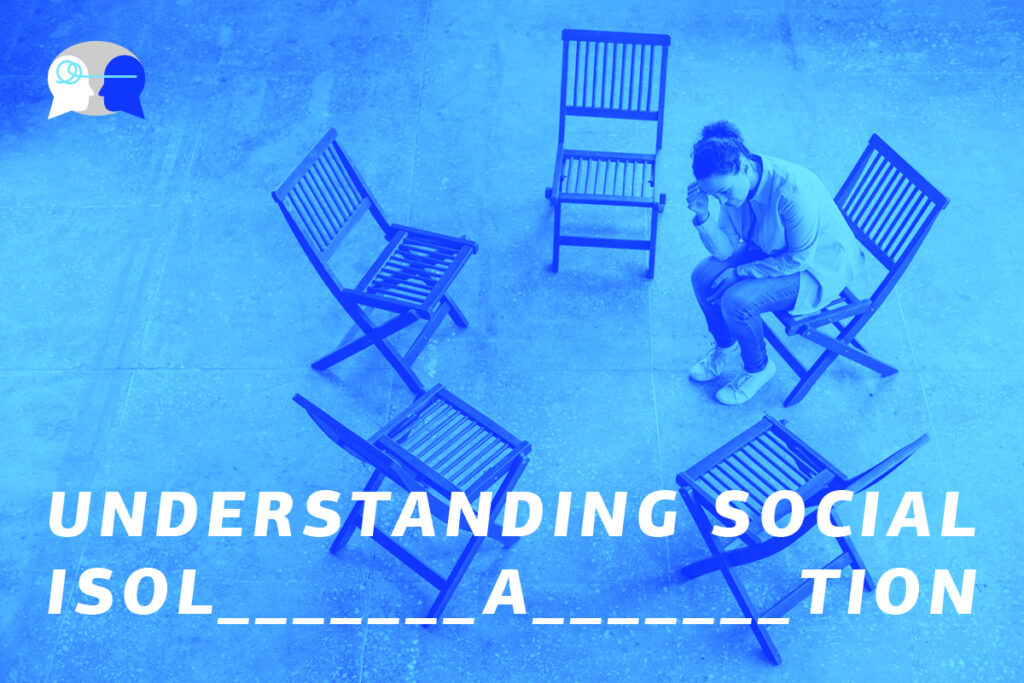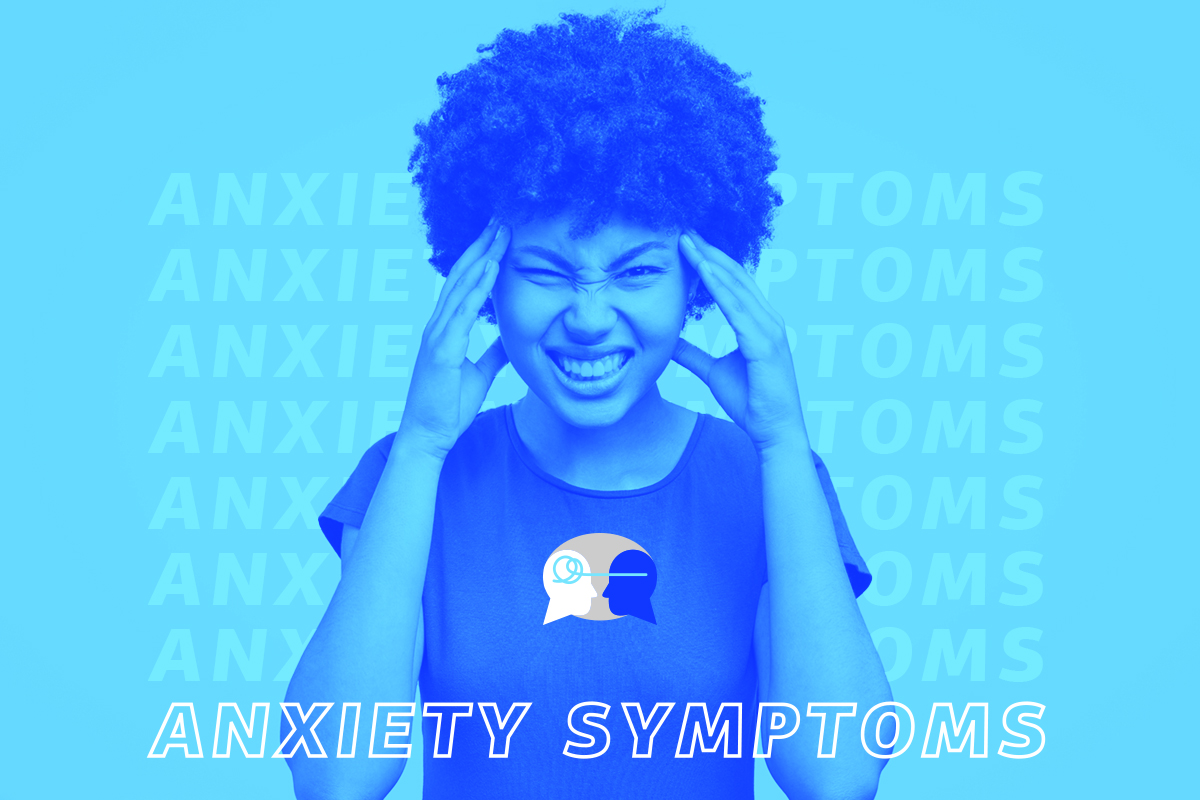Introduction
The topic of social isolation is one of profound importance. Social isolation, the state of being cut off from normal social networks, can have significant psychological and physiological impacts. In today’s world, where digital communication has both connected and disconnected us in unprecedented ways, understanding the causes, consequences, and coping strategies for social isolation is crucial.
What is Social Isolation?
Social isolation is more than just being alone. It refers to the absence of social interactions, contacts, and relationships with family and friends, leading to a feeling of disconnection from the community. Unlike loneliness, which is a subjective feeling, social isolation can be quantified in terms of the number and quality of social contacts.
Causes of Social Isolation
- Societal Changes: The shift towards smaller family units and the rise of single-person households can contribute to increased isolation.
- Geographic Mobility: People moving for work or study often leave behind established social networks.
- Technology: While social media can connect, it can also replace face-to-face interactions with more superficial online interactions.
- Health Issues: Chronic illnesses, disabilities, and mental health conditions can limit social interactions.
- Life Transitions: Events such as retirement, bereavement, or divorce can lead to isolation.
- Cultural Factors: Certain cultures may have social norms that inadvertently promote isolation, such as stigmatizing mental health issues or elderly people.
Consequences of Social Isolation
The effects of social isolation are far-reaching and can impact both mental and physical health.
- Mental Health: Prolonged isolation can lead to depression, anxiety, and feelings of worthlessness. It can exacerbate pre-existing mental health conditions and contribute to cognitive decline in older adults.
- Physical Health: Socially isolated individuals are at a higher risk of chronic illnesses such as heart disease, high blood pressure, and stroke. There is also evidence linking isolation to a weakened immune system.
- Behavioral Impact: Social isolation can lead to unhealthy behaviors such as excessive drinking, smoking, and poor dietary habits.
- Cognitive Decline: Especially in older adults, isolation can accelerate cognitive decline and increase the risk of dementia.
- Mortality: Studies have shown that social isolation is linked to a higher risk of mortality, comparable to the risks associated with smoking and obesity.
Coping Strategies and Interventions
Addressing social isolation requires a multifaceted approach that involves individual, community, and policy-level interventions.
- Building Social Networks: Encouraging participation in social activities and groups can help build a support network. This can include community centers, clubs, and volunteer organizations.
- Technology: While technology can contribute to isolation, it can also be a tool for connection. Programs that teach older adults to use social media and video calling can bridge the gap.
- Mental Health Support: Providing access to mental health services, including counseling and therapy, can help individuals cope with feelings of loneliness and isolation.
- Community Programs: Initiatives such as community outreach programs, home visits for the elderly, and neighborhood groups can foster a sense of belonging.
- Policy Changes: Advocating for policies that support family leave, flexible work hours, and affordable childcare can help individuals maintain social connections during significant life transitions.
- Physical Health Initiatives: Promoting physical health through community fitness programs and ensuring access to healthcare can mitigate some of the physical consequences of isolation.
The Role of Psychologists
As psychologists, our role in addressing social isolation is pivotal. We can:
- Provide Therapy: Offer therapeutic support to individuals experiencing isolation, helping them develop coping strategies and rebuild their social networks.
- Conduct Research: Engage in research to better understand the causes and effects of social isolation, and to identify effective interventions.
- Advocate for Change: Advocate for societal and policy changes that address the root causes of isolation.
- Community Engagement: Work with community organizations to create and promote programs that encourage social interaction and support.
- Educate: Raise awareness about the importance of social connections and the impacts of isolation, helping to reduce stigma and encourage community support.
Conclusion
Social isolation is a growing concern with significant implications for mental and physical health. By understanding its causes, recognizing its consequences, and implementing effective coping strategies, we can mitigate its impact. As psychologists, we have a unique role in supporting individuals, conducting research, advocating for change, and educating the community. Together, we can work towards a society where no one feels isolated or disconnected.
References
To provide further reading, here are some valuable sources:
Cacioppo, J. T., & Cacioppo, S. (2018). The growing problem of loneliness. The Lancet, 391(10119), 426.
Holt-Lunstad, J., Smith, T. B., Baker, M., Harris, T., & Stephenson, D. (2015). Loneliness and social isolation as risk factors for mortality: A meta-analytic review. Perspectives on Psychological Science, 10(2), 227-237.
Hawkley, L. C., & Capitanio, J. P. (2015). Perceived social isolation, evolutionary fitness and health outcomes: A lifespan approach. Philosophical Transactions of the Royal Society B: Biological Sciences, 370(1669), 20140114.





